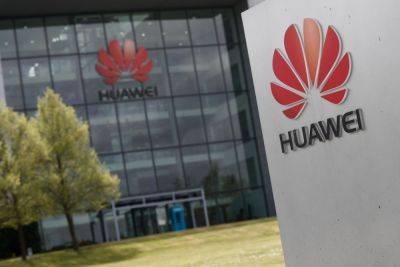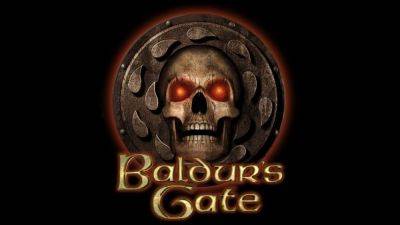Internet speed record of 420,000,000 Mbps achieved using standard optic fibre cabling, fast enough to download Baldur's Gate 3 in less than four milliseconds
Readers of a certain age may well remember when having a 56 kbps internet connection was considered fast. Then DSL came along and dial-up looked like a comatose snail in comparison. A team of engineers, though, have achieved a data transmission rate of 402 Tbps using standard fibre optic cables, so fast that you could download Baldur's Gate 3, Red Dead Redemption 2, and the entire Fallout 4 collection all in less than a tenth of a second.
The team in question is Japan's National Institute of Information and Communications Technology (via Fudzilla) and it didn't use any weird tech or microscopic distances in a lab—50 km of commercially available optical fibres and signal amplifiers were employed in the test. At an estimated peak rate of 402 Tbps or 50.25 TB/s, it's approximately 25% higher than the previous record, set last October.
Optical fibres are used as the backbone of the Internet around the world and work by sending digital information via modulated infrared, light, and ultraviolet signals. What NICT did was to employ as many transmission bands as possible, along with cutting-edge amplifiers and gain equalisers, to reach a total signal bandwidth of 37.6 THz. That's over 100,000 times more bandwidth than WiFi 7 can utilise, for example.
Of course, nobody will be getting a 400 Tbps home broadband connection any time soon. The cost of the current setup is far too prohibitive for general users, but the development will certainly be of interest to the industry as a whole, as the amount of data being demanded on tap via the web is gargantuan.
But let's assume for a moment that you could have such a home broadband package. Could you really download multiple 150 GB games in less than a second? Sadly, no, as there are multiple bottlenecks inside even the very best gaming PCs, starting with the Ethernet port.
You might be fortunate to have a motherboard equipped with one that's rated at 10GbE or 10 Gbps, but that's slower than NICT's achievement by a factor of around







